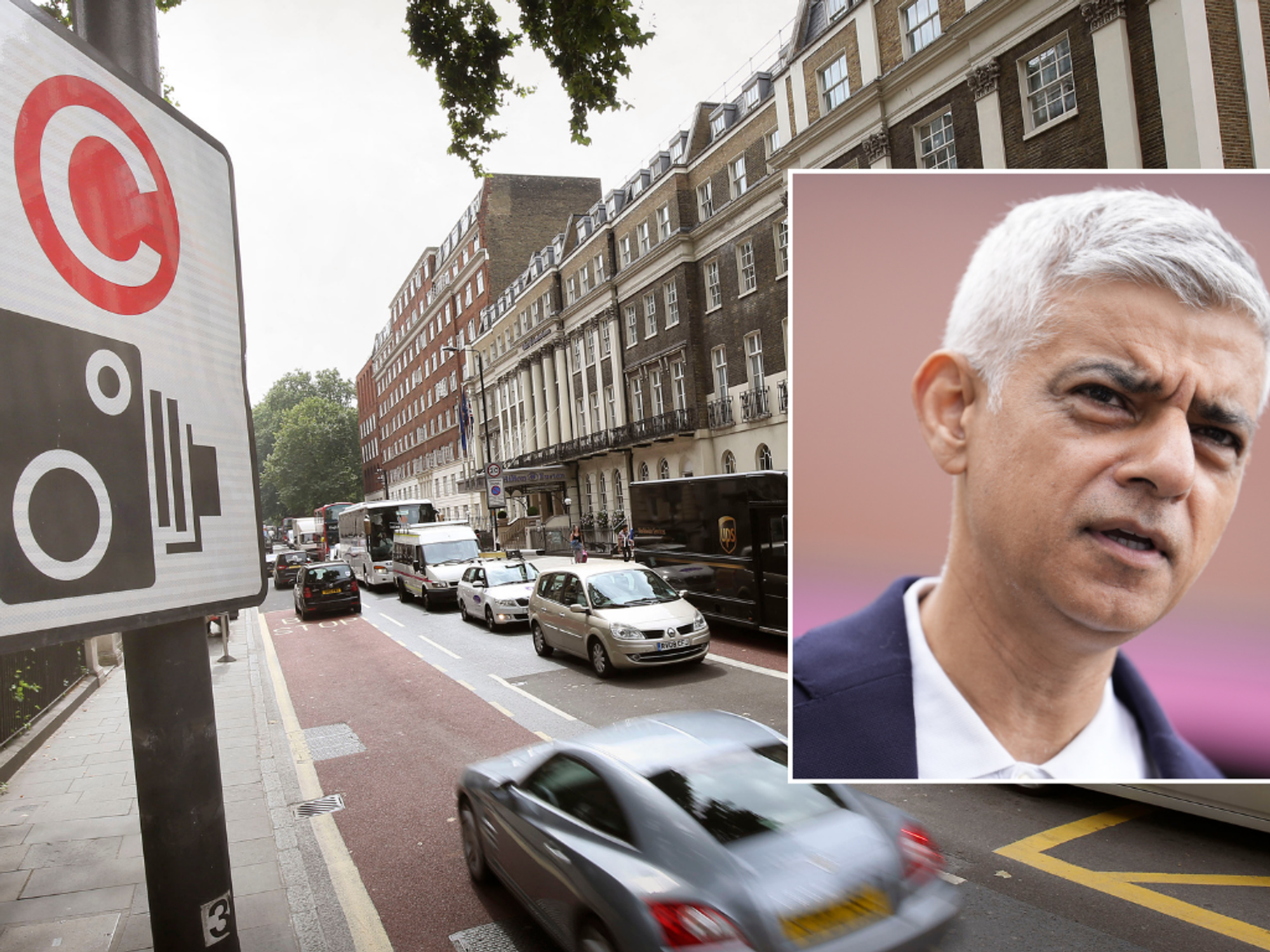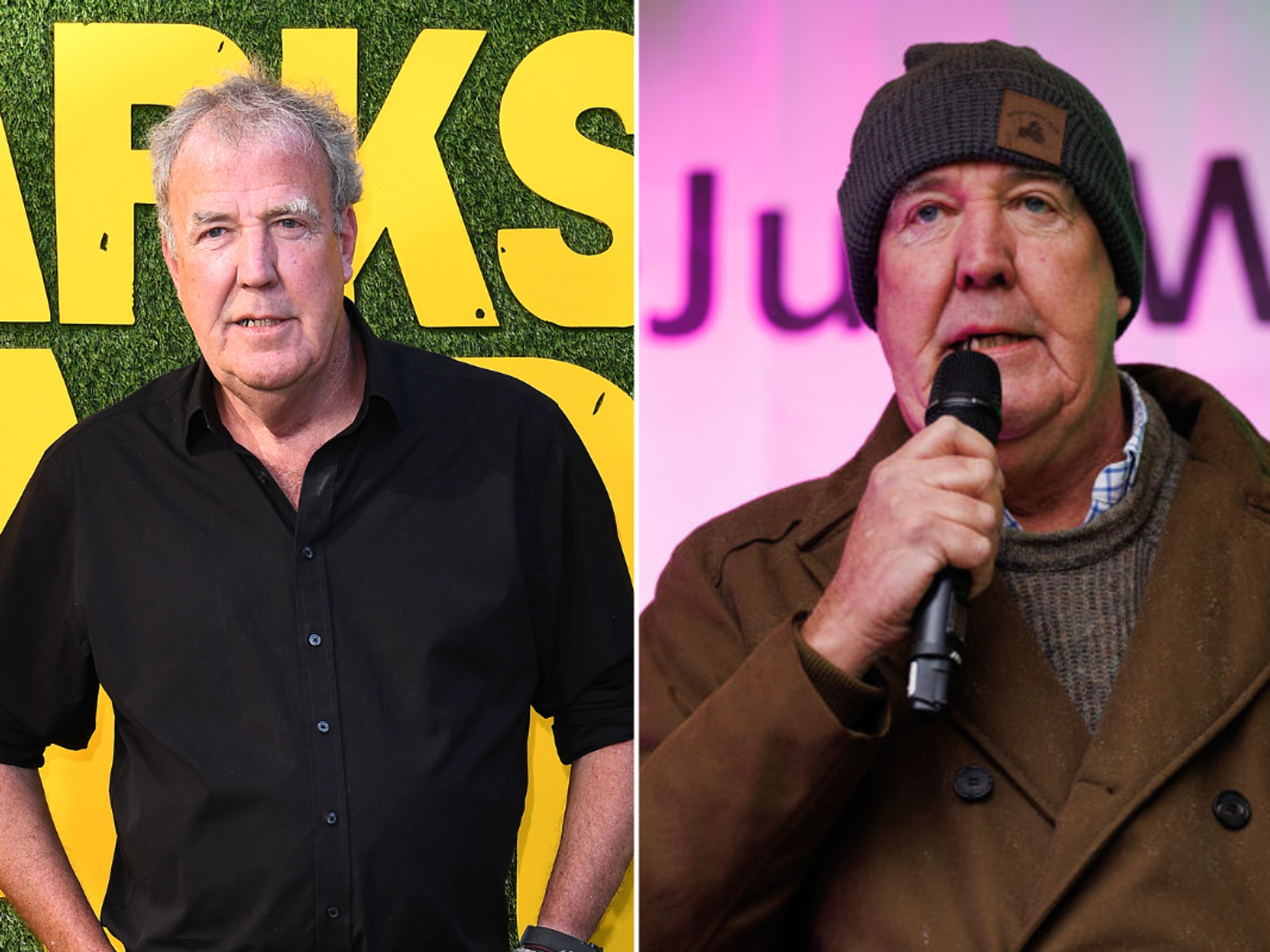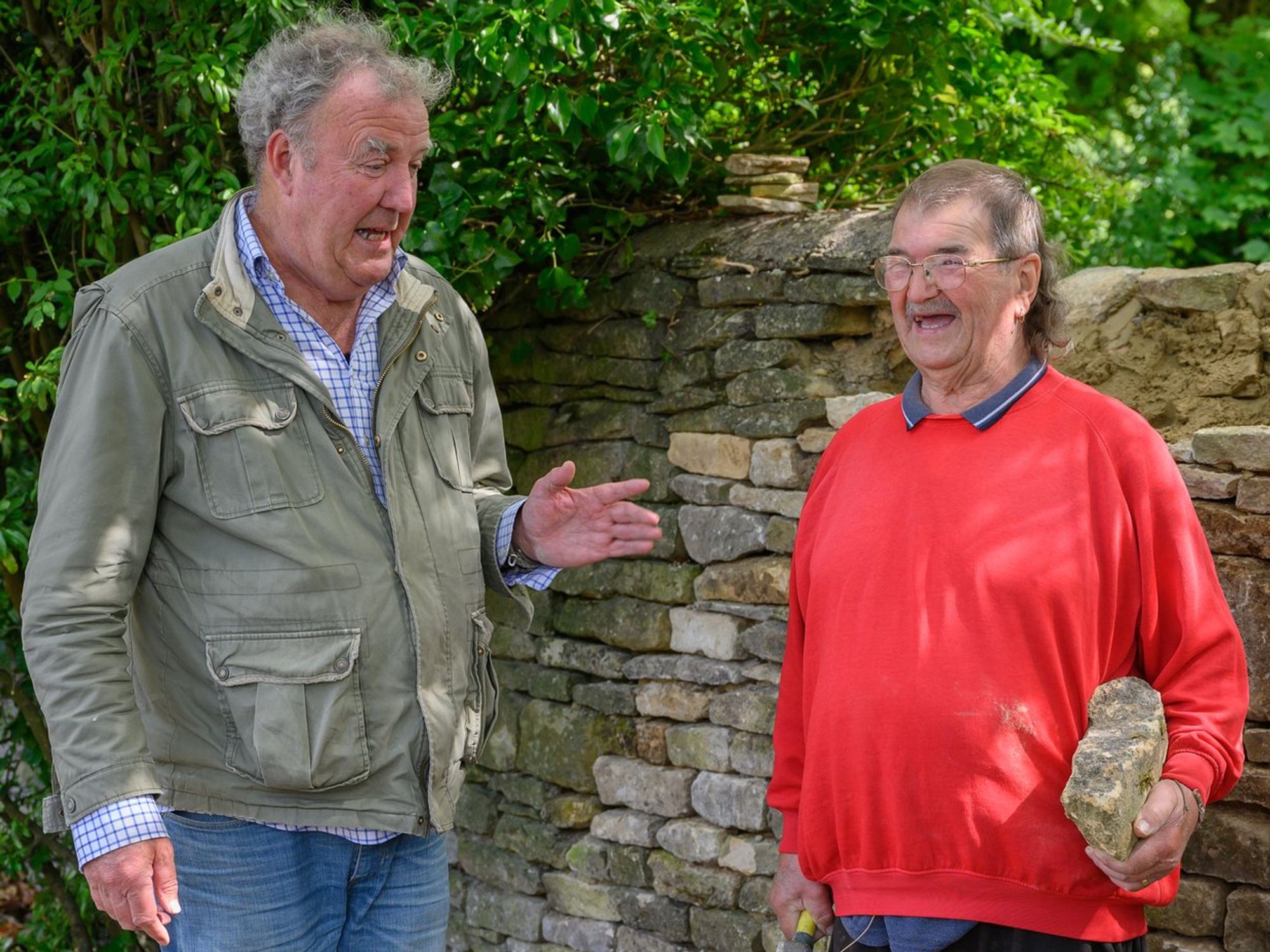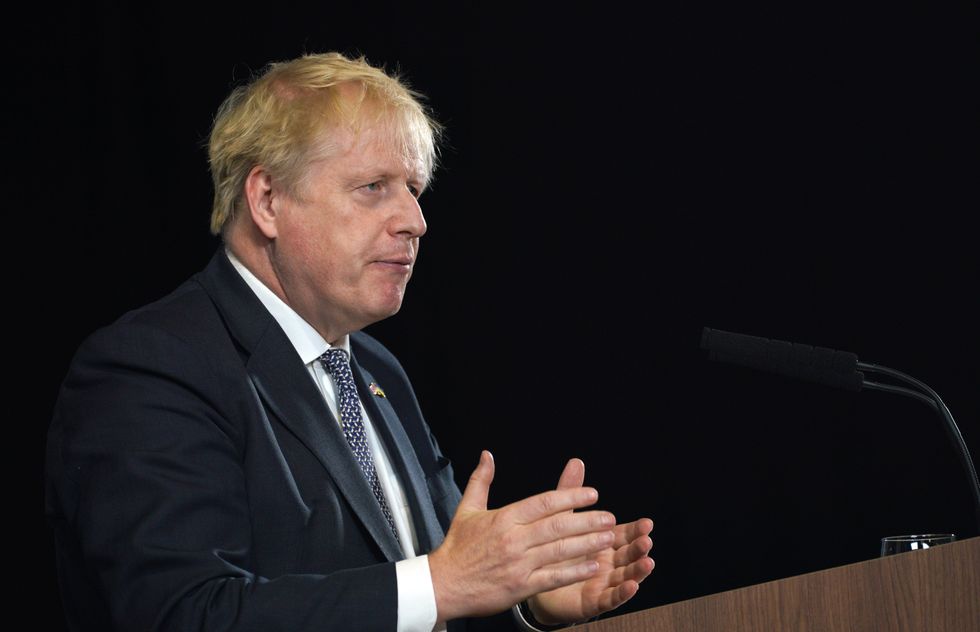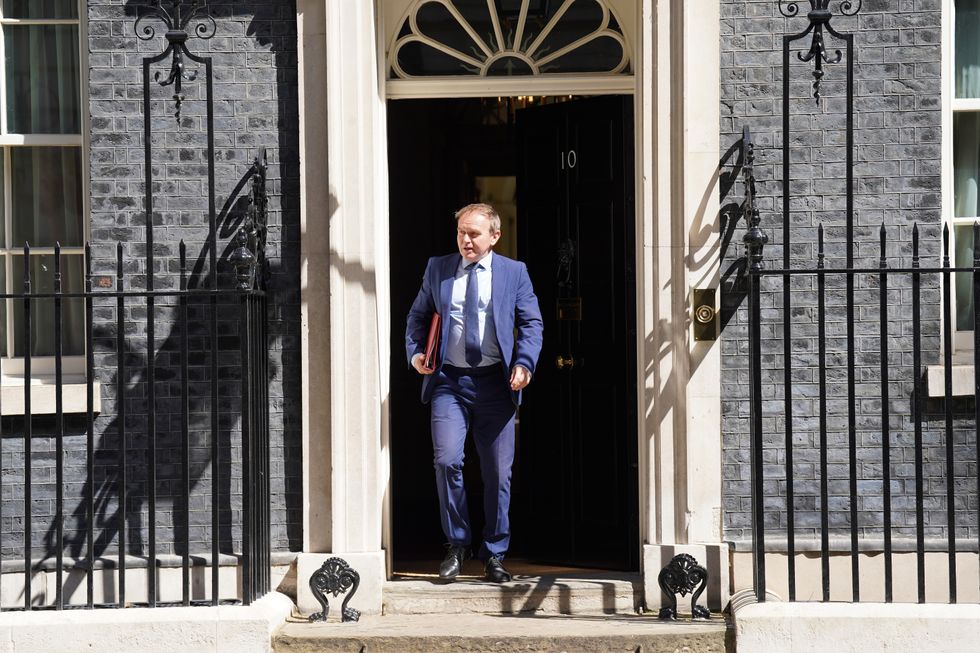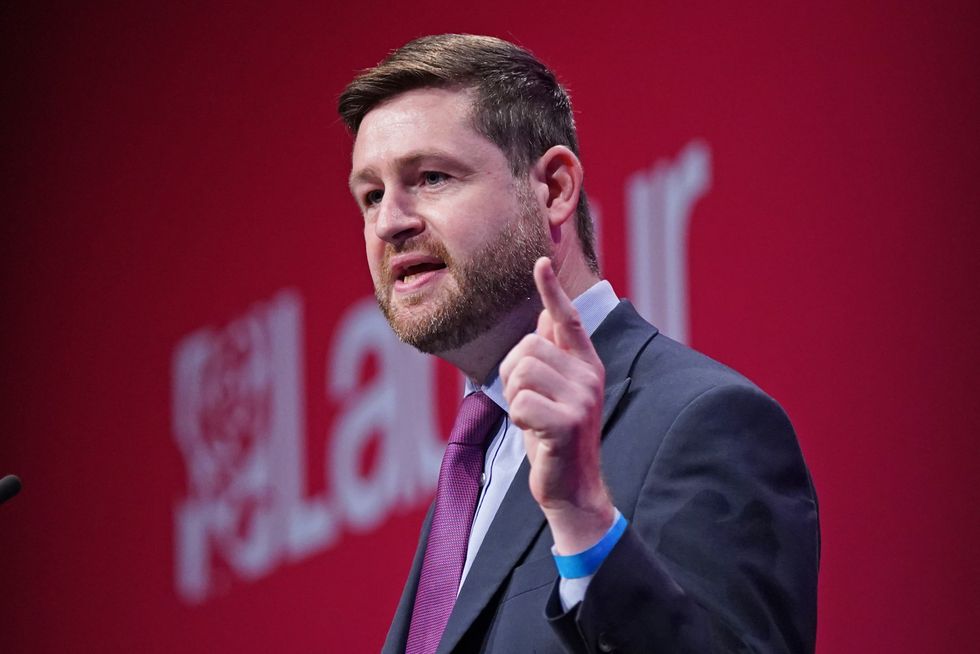Boris Johnson pledges to ‘back farmers’ in food strategy blasted by critics as 'half-baked'

The Prime Minister said it sets out how the Government will support farmers, boost British industry and safeguard food security.
Don't Miss
Most Read
A new food strategy for England will “back farmers”, Boris Johnson has pledged, after a leaked draft of the document was described by critics as “half-baked”.
Ministers are aiming to strengthen the resilience of the nation’s supply chains and increase domestic production, so “we will grow and eat more of our own food”, to help guard against future economic shocks and crises.
The strategy, published on Monday, is in response to a major review of the country’s food system by Leon restaurant co-founder Henry Dimbleby.
The Prime Minister said it sets out how the Government will support farmers, boost British industry and safeguard food security.
But ministers have been accused of concocting a blueprint “bordering on the preposterous”, apparently shunning key recommendations from Mr Dimbleby’s review.
A leaked draft of the strategy, published by The Guardian on Friday, caused a stir when it appeared to reveal calls for a sugar and salt reformulation tax, along with a suggestion that the budget for farmer payments should be guaranteed until 2029, had been ignored.
A new food strategy for England will “back farmers”, Boris Johnson has pledged, after a leaked draft of the document was described by critics as “half-baked”.
Peter Byrne
Campaigners also criticised elements of the plan they judged to be “goading” farmers into producing more meat.
The National Farmers Union said ministers had “stripped to the bone” proposals from the Dimbleby review, while Labour said the document was “nothing more than a statement of vague intentions”.
Launching the strategy on Monday, the Government said it had accepted “the majority of recommendations” from the report, with policy initiatives to boost health, sustainability and accessibility of diets, and to secure food supply.
One clear priority for ministers is to reduce the distance between farm and fork, with a vision for 50% of public sector food spend to go on food produced locally or certified to higher standards.
The strategy also sets out plans to create a new professional body for the farming and growing industry, to boost training and develop clear career pathways, equipping people and businesses with the skills needed to run sustainable and profitable businesses.
Mr Johnson said: “Our food strategy sets out a blueprint for how we will back farmers, boost British industry and help protect people against the impacts of future economic shocks by safeguarding our food security.
“Harnessing new technologies and innovation, we will grow and eat more of our own food – unlocking jobs across the country and growing the economy, which in turn will ultimately help to reduce pressure on prices.”
Secretary of State for Environment, Food and Rural Affairs George Eustice leaves the Cabinet meeting at 10 Downing Street, London
Stefan Rousseau
Environment Secretary George Eustice said: “The food industry is bigger than the automotive and aerospace industries combined, offering employment opportunities, apprenticeships and investment in research and development.
“The strategy we are setting out today will increase the focus on skills in the food sector, and the roles and career pathways available. In particular, we will seek to boost our horticulture industry and ensure the expertise needed to develop the sector here in the UK.”
The plan confirms a number of elements of the leaked draft, including an intention to launch an independent review to tackle labour shortages in the food supply chain, and to consult on how to improve on and expand animal welfare labelling.
The Government will also explore how to make the most of feed additives that can reduce methane emissions from livestock, publish a framework for land use in England next year, and consult on food waste reporting for larger businesses over a certain size.
Jim McMahon, Labour’s shadow secretary for environment, food and rural affairs, accused the Government of failing to deliver “much more than a new slogan”.
“The Government themselves say the food industry is bigger than the automotive and aerospace industries combined, yet all they have done is re-announce existing funding,” he said.
Shadow environment, food and rural affairs secretary Jim McMahon accused the Government of failing to deliver “much more than a new slogan”.
Stefan Rousseau
“This is nothing more than a statement of vague intentions, not a concrete proposal to tackle the major issues facing our country. To call it a food strategy is bordering on the preposterous.
“Yet again this tired, out-of-ideas Conservative Government is failing to show the ambition our country needs.”
Kath Dalmeny, chief executive of farming group Sustain, said: “In the face of multiple crises in the cost of living, rocketing obesity, climate change and nature loss, the Government food strategy looks shamefully weak.
“Government was given crystal clear analysis and a set of recommendations by the Dimbleby food strategy, and has chosen to take forward only a handful of them.
“This isn’t a strategy, it’s a feeble to-do list, that may or may not get ticked.”
The Food Foundation called the paper “disappointing”, saying it “misses this mark” as many of its commitments will “flounder without new legislation to make them stick”.
The charity’s executive director, Anna Taylor, said: “Despite its name, the whole document is lacking a strategy to transition the food system towards delivering good food which is accessible to everyone.
“And without a commitment to a new Food Bill, many of the commendable commitments made are in reality toothless.
“It is a feeble interpretation of Henry Dimbleby’s recommendations, which will not be sufficient to drive the long-term change that we know is so urgently needed.”







